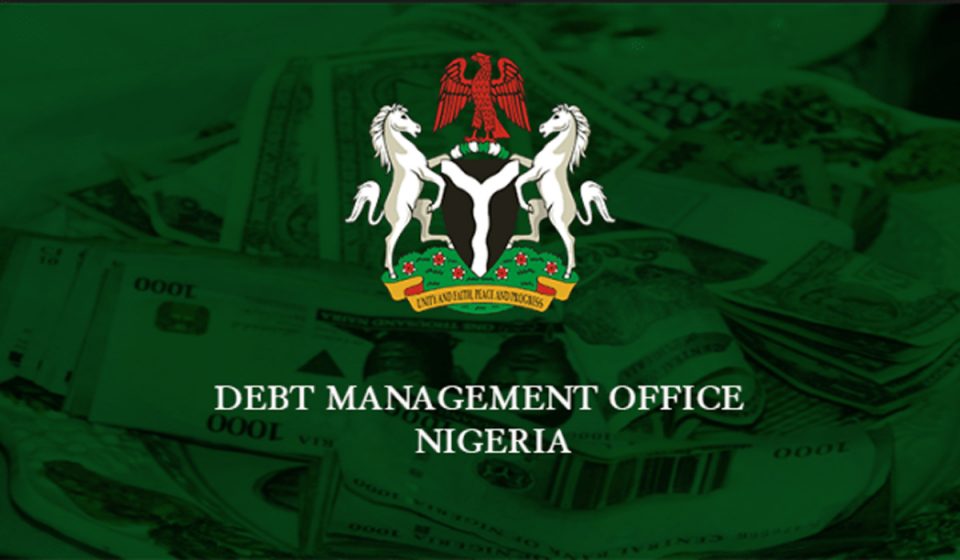Given the current weak revenue growth from oil and further currency devaluation from the official exchange rate of N306.00/$1.00 to N361.00/$1.00, then to N381.00/$1.00 in Q3:2020, financial analysts have warned that the Federal Government’s debt servicing burden to revenue ratio in Q4:2020 would be worsened.
The analysts, who also admonished the government that the share of external debt in total debt has now reached 38.9%, closer to the its target of 40.0%, cautioned that there would be a sustained rise in the Federal Government’s external debt stock given additional budget support of $2.1 billion yet to be disbursed by the World Bank, the African Development Bank (AfDB), and the Islamic Development Bank.
It would be recalled that the Q2:2020 debt data recently published by the Debt Management Office (DMO) revealed that Nigeria’s public debt stock grew 20.6% y/y and 8.3% q/q to N31.0tn ($85.9bn). This translates to a debt to Gross Domestic Product (GDP) ratio of 20.4% based on 2020 GDP estimate, from 19.0% as at year-end 2019.
The strong increase in the public debt stock, the report revealed, was driven by the devaluation of the official exchange rate from N306.00/$1.00 to N361.00/$1.00 as well as external and domestic borrowing used to plug the large fiscal deficit brought by the COVID-19 pandemic.
However, the Federal Government’s Budget support loan of N1.2 trillion ($3.4bn) that was accessed from IMF’s Rapid Financing Instrument (RFI) in April 2020, in addition to currency devaluation, resulted in a 36.5% y/y and 13.8% q/q rise in external debt (FG & States) to N11.4tn ($31.4bn).
In the overall, the DMO report revealed that the Federal Government’s external debt stock increased 18.9% y/y ($4.3bn) to $27.2bn while the local currency value increased 40.1% y/y to N9.8tn. Although the external debt of states remains unchanged at $4.3 billion, the local currency value rose 17.5% y/y to N1.5tn.
Similarly, the Federal Government’s domestic debt grew 15.2% y/y and 6.9% q/q to N15.5tn as the DMO ramped up domestic borrowing to plug budget deficit, given low yields in the fixed income market.
The growth in domestic debt, according to DMO report, reflected an increase of 81.3%, 34.5% and 16.0% y/y in outstanding Sukuk, promissory notes and bonds to N362.6bn, N951.7bn and N11.2trn respectively. Meanwhile, the domestic borrowing for states rose 2.0% to N4.2trn.
In terms of debt servicing, the DMO
report revealed that the total payments in Q2:2020 rose 42.6% on a y/y basis to N416.4 billion, driven by both domestic and external debt, while the Federal Government’s domestic debt servicing burden rose strongly by 45.6% y/y to N312.8 billion from N214.8 billion in the preceding year.
Dr. Timothy Olawale, Director General of Nigeria Employers Consultative Association (NECA), in an exclusive interview with DAILY INDEPENDENT, acknowledged that the increase in debt servicing burden by the Federal Government suggests that the debt service to revenue ratio would continue to worsen, especially given weak revenue growth and further currency devaluation.
He said: “With the growing trajectory of low revenue generation, both at the federal and state levels, reflecting in high debt-to- revenue ratio, there is a need to develop strategic and drastic measures in curtailing the borrowings trends as well as improving the revenue angle.




